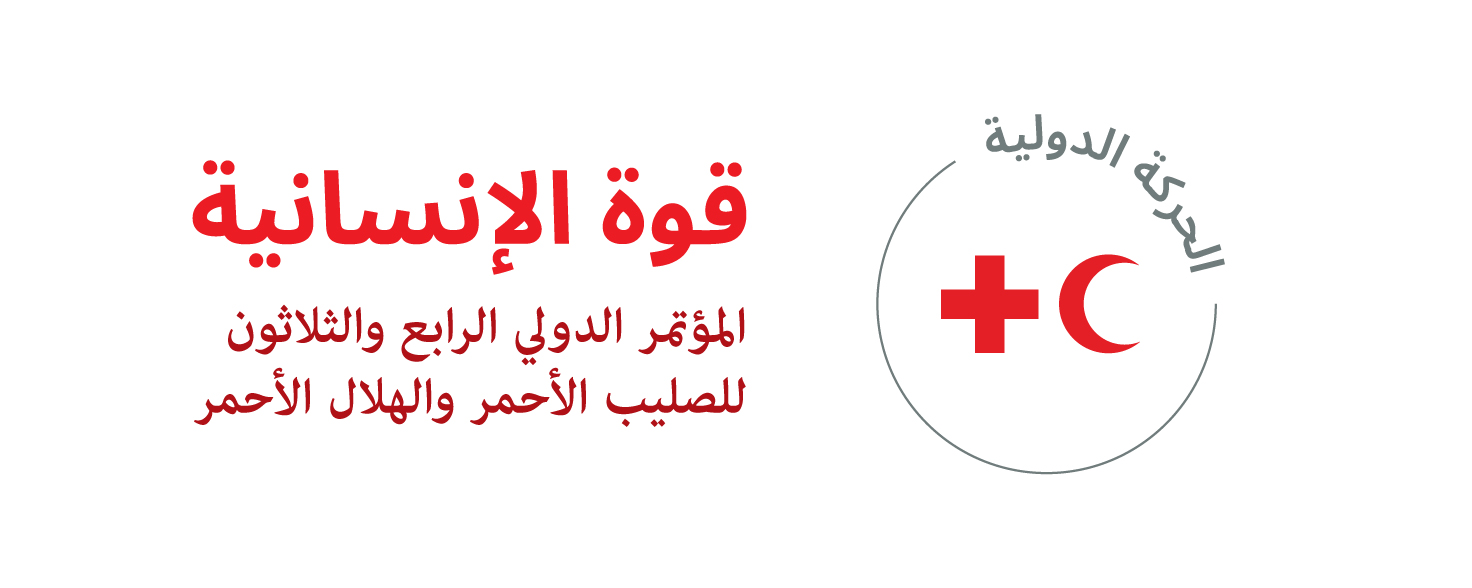الإجراءات المتخذة:
This is an up-date to the mid-term report from June 2017.
3 key facts and figures
- The topic of Health Care Delivery in Armed Conflict was included in papers on the Promotion and Implementation of International Humanitarian Law, prepared by the British Red Cross and the ICRC for consideration at both the Commonwealth’s Law Ministers Meeting (16-19 October 2017) and the Commonwealth Meeting of Senior Officials of Law Ministries (1-3 October 2018).
- On 1 February 2018 and 28 January 2019, a British Red Cross international law adviser gave a lecture at University College London on the treatment of the medical function under IHL and the legal bases of humanitarian action in armed conflict for a course on “Conflict, Humanitarianism and Health”. Additionally, on 7 February 2019, another adviser gave a lecture at St George’s University London on the same topic for the Wilderness and Disaster Medicine Society.
- On 2 November 2017, an international law adviser gave a presentation at the Queen Alexandra’s Royal Naval Nursing Service Symposium on the special status of the medical function under international humanitarian law with reference to how obligations under IHL can intersect with medical ethics more generally. The adviser also presented on humanitarian principles and the work of the International Red Cross and Red Crescent Movement.
- On 7 April 2018, an international law adviser gave a lecture on Legal and Ethical Issues in Armed Conflict Situations for the Society of Apothecaries’ course on Conflict & Catastrophe Medicine.
2 high resolution pictures with an extended caption
N/A
1 story of interest
On 16 May 2019, the International Law Programme at Chatham House, with the support of the British Red Cross, hosted a panel discussion on the protection of the wounded and sick in armed conflict, which also included a discussion of challenges to the protection of medical care and of health providers. This meeting was the first in a series of three to commemorate the 70th anniversary of the 1949 Geneva Conventions, and the panel consisted of expert representatives from Geneva Call, Médecins Sans Frontières, the ICRC and academia. Approximately 40 people attended the event, including former senior medical officers from the UK armed forces, senior Ministry of Defence (MOD) and Service legal advisers, Foreign and Commonwealth Office (FCO) and Department for International Development (DFID) officials, NGO personnel and academics. Reactions to the panel during the subsequent drinks reception were uniformly positive, with appreciation expressed for the forthright accounts of the speakers of the challenges faced in the work of their respective organisations. The Chair, Ms. Elizabeth Wilmshurst, opened the session by thanking the British Red Cross for generously supporting the series of meetings to be held at Chatham House to celebrate the 70th anniversary of the 1949 Geneva Conventions.
The session led to the discussion of several issues regarding the protection of medical care-givers in armed conflict, including the fact that there is still a debate on the margins of the law regarding who qualifies as medical personnel and when they may lose protection. Not every medical practitioner qualifies as ‘medical personnel’ under IHL. Rather, they must be assigned as medical personnel by one of the parties to the conflict. However, would State-employed health providers be the only practitioners entitled to protection as ‘medical personnel,’ or might protection also be extended to those in private practice or the assigned medical care-givers in non-State armed groups? The discussion demonstrated that the protections granted under IHL are still very much needed, but the non-international nature of many contemporary armed conflicts raises new questions and challenges for IHL regarding the protection of the wounded and medical care-givers.
The complete audio of the event can be found at https://www.chathamhouse.org/event/protection-wounded-and-medical-care-givers-armed-conflict-law-job.



